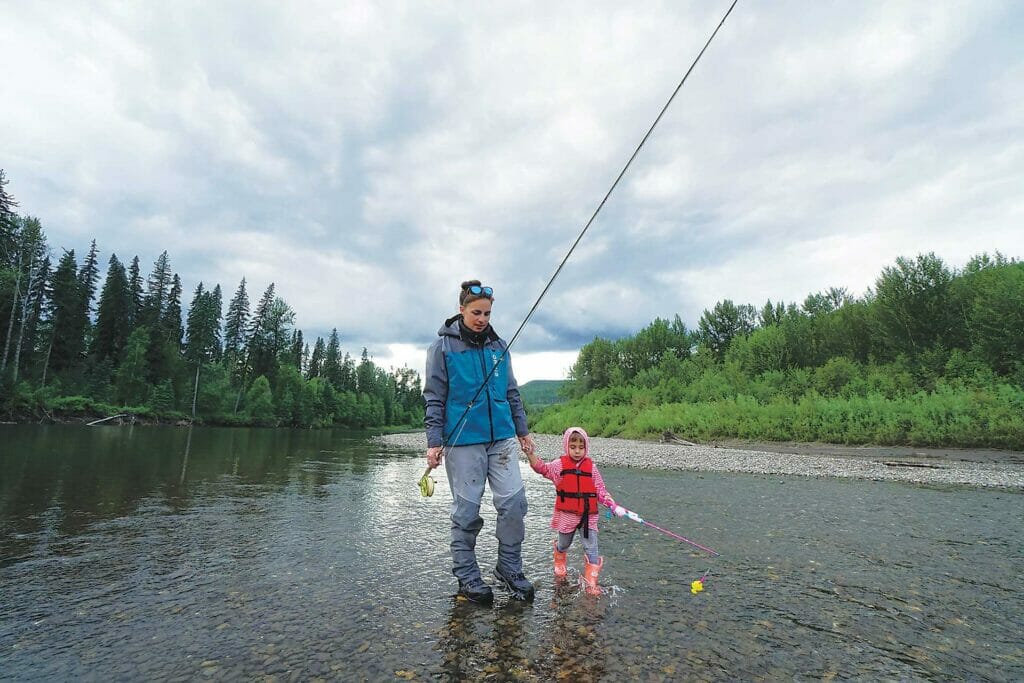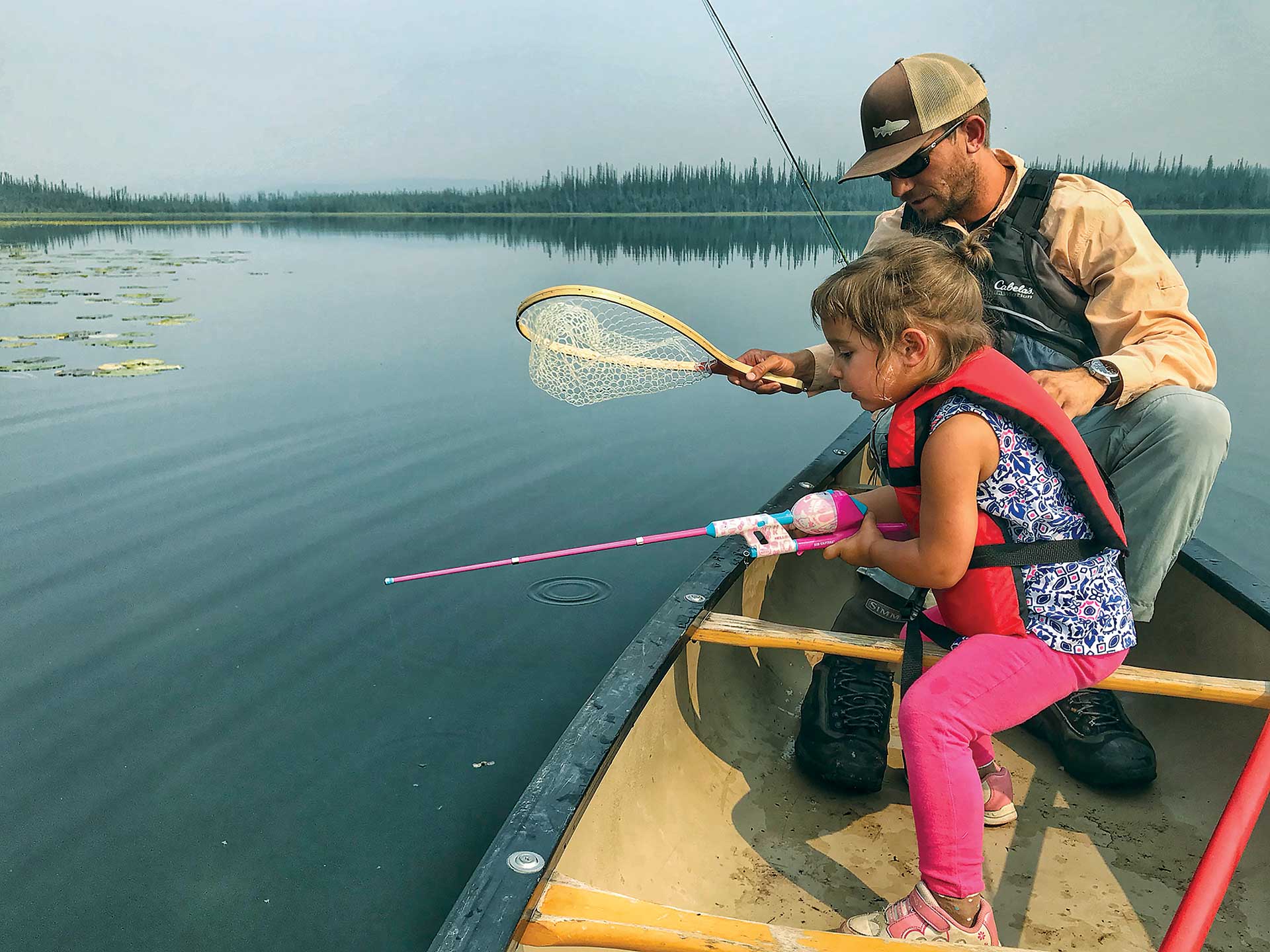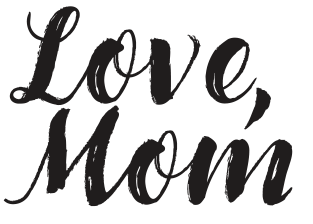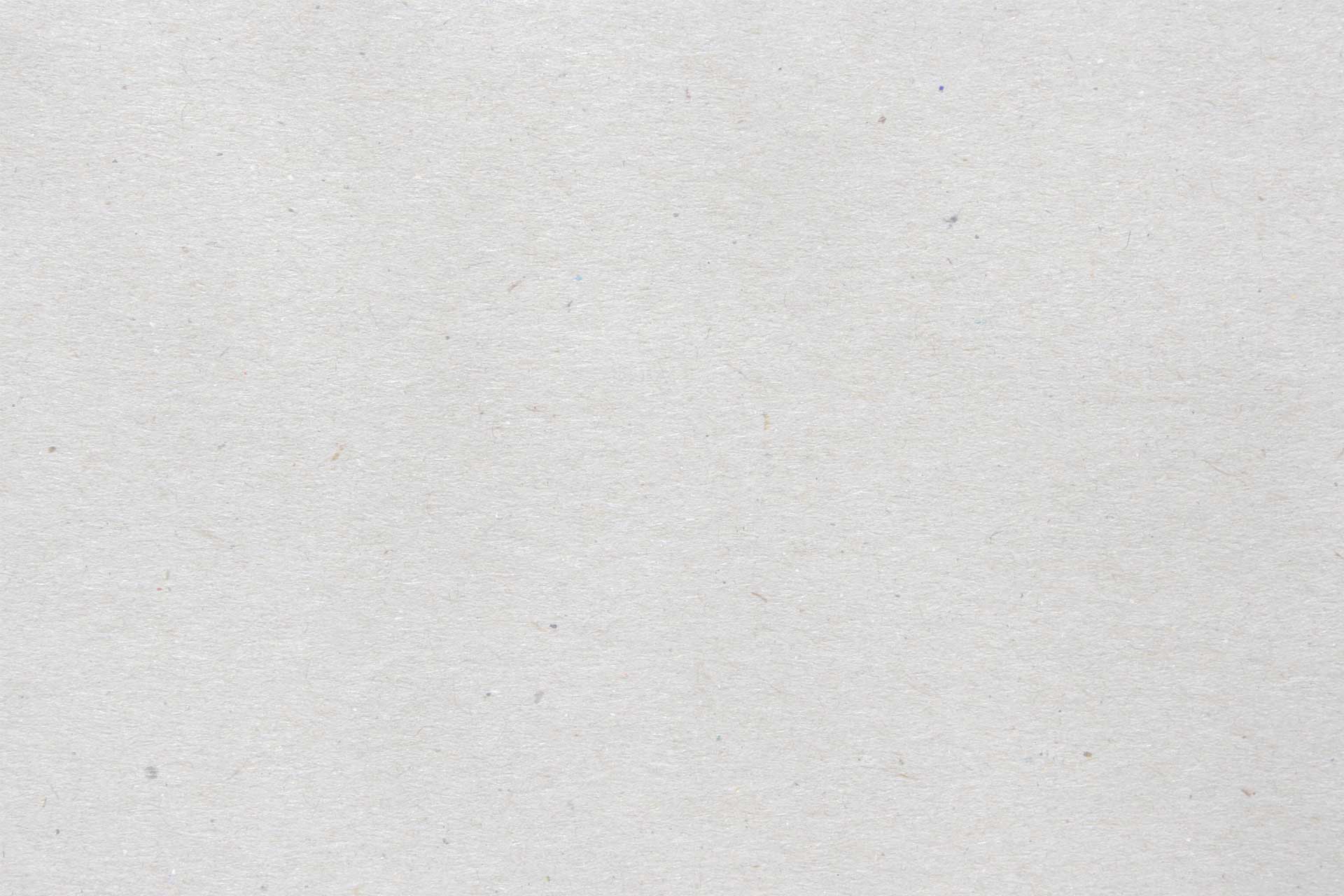
Our feet fall a little to the right on the smooth, gray stones. We sit where glaciers once pulsated slowly over thousands of years. They grew and shrank, grew and shrank, slicing into the rock and earth with each movement, creating this valley and leaving behind a clear, rocky river.

All I can see in the picture are our legs and shoes, my gray and blue wading boots, your orange and pink sneakers. Yours are on the wrong feet, which is more my fault than yours. Neither of us made any attempt to change them. Pine covered mountains line us on either side and the granite, snow-draped peaks of the Absarokas mark the horizon. We came here for the Yellowstone cutthroat trout, the few that still swim in their native range. Hours later, we stay for the views, the clear air, the rocks and the snacks.
I want to tell you to appreciate this moment, this spot, these fish, this cold water. I want to tell you how it will be gone. I feel the weight of every new climate report showing how if we—humans—don’t change our ways, all of this—what we are looking at—will be gone. It will burn, it will warm, it will die and it will fundamentally alter. I want to cry. I want to mourn. I want to tell you.
But you’re three years old. Even if you could understand, how dare I burden you with my fears? You see the snow and the mountains, the limber pines and the columbine for what they are: signs of beauty and wonder. Who tells a 3-year-old about climate reports, sea level rise and destructive wildfires?
You look at my face, questioning my sadness. Bright, white puffy clouds meander across the crystal, blue sky. A fallen pine tree rests next to us on the edge of the river, a casualty of wild, unpredictable flows.
I have two options: I can tell you what the experts say about your future and why I’m so scared. Or I come back to this moment, hand you some blueberries and decide that those worries can wait until tomorrow. I can decide to see the world through your eyes, at least for the day.
Mothers should protect their children from the worries of the world. On this day, on this river, maybe you, my daughter, can protect me.

I track your short life through the tens of thousands of pictures on my phone.
You’re in that one, six years ago, where I’m holding a pretty rainbow trout with the pink strip down its side and black spots dotting its back and tail. I’m grinning in the sun. You’re tucked away, hidden in my belly. I’m not ready to share news of you with the world because I’m sure you’ll actually make it here.
There you are again, a little thing, still not quite 5 pounds, wrapped to my chest tucked inside my waders on a spring-fed river in South Dakota. Your head is cranked up and eyes creased shut with sleep. I didn’t dare take you too far. You hadn’t been out in the world long.
I keep scrolling, and you keep growing, your size measured against the backdrop of rivers and rocks. In one you’re smiling, holding stones smoothed by millennia of rapids. In another, you’re trapped in a carrying pack, just as happy to see the world from five feet off the ground. The pictures keep changing as you grow. Here you’re walking, toddling over to look at a wiggly cutthroat trout. There, you’re dipping your hands in the water so you can touch the back of a spotted brown trout without damaging its protective slime. In that one, you hold a blue, “Frozen” fishing pole on a white, frozen lake. In this one, you catch your own 3-inch Colorado cutthroat trout out of a beaver pond in southwest Wyoming. We can’t hear the squeals—these are pictures, not videos—but any onlooker can imagine.
The pictures stare back at me from my phone, the device we all have in the outdoors and we all hate. They are split-second time machines. They transport me back to those moments with you. When we’re not together, when I’m on assignments somewhere else, I have them to remind me of those moments that come and go so fast I start to wonder if they were ever here at all.
They serve as a permanent record of the joy of each of those seconds that add up to a lifetime spent outside. They also force me to live in each second of rushing water, whipping wind or sun kiss while knowing not only is this time with you fleeting, but these places we go, the cold rivers where you dip your hands, the native trout you hold in your palms, the dark, damp earth you wiggle with your toes is, itself, also fleeting.

Outside always seemed to make life better. And it was always easy to access.
We live in the southeast corner of Wyoming, in a valley flanked by two mountain ranges with a river that runs through it. We are 30 miles away from 11,000-foot peaks and herds of thousands of elk. Pronghorn that once moved in waves of abundance still exist even in their remnant numbers. We’re 20 minutes from a freestone river with brown and rainbow trout, and less than two hours from a series of blue-ribbon tail waters, which means people flock from around the world to consistently pull 18- to 24-inch trout out of its depths.
Whatever was happening in life—family illnesses, stresses at work, frustrations—standing in the prairie or staring at a band of running water seemed to fix it, at least for a little.
But then wildfires worsened, burning millions of acres. Smoke filled our lungs for weeks and then months of the year. Water warmed, and biologists warned: The future of trout is tenuous at best. Soon those places that brought me solace became a reminder of what we were poised to lose.
So I started writing you letters. They were partly as a way to preserve memories for me, partly as a way to preserve them for you, and partly as a way to help us remember what once was. I also hoped that perhaps, in some small way, our experiences outside could show other moms and dads that spending time on the river, in the mountains, or on the plains, is just not as hard or as complicated as it seems. Help more people know and love what exists out there, then maybe they will join the fight.
But these letters started to feel to me almost like obituaries for rivers, lakes, prairies and forests. A mourning for something soon to be lost.

I stare back at the snow-draped Absarokas on the Wiggins Fork of the Wind River when our legs stretch out in front of us and our feet fall a little to the side. You pop blueberries in your mouth and look around.
I think about those climate reports, the wildfires and the drought. I think about how it is the summer of 2020 when it feels like the world is collapsing. I open my mouth to say something about how you need to appreciate all of this. Then I look back at you and stop.
“Want to try to fish again?” I ask.
You nod.
We find your dad, casting a Parachute Adams into a riffle in a side channel behind the root ball of a fallen tree. We watch as that little fly with the white puff on top drifts down in the seam, swirling once and then twice before continuing its journey. We both tense when a little Yellowstone cutthroat snatches it off the surface and plunges back down.

You ask to see it. You wet your hands to hold it before releasing it back into its chilly home. I grab my rod and we wander upstream to find another riffle, another seam.
One of the last pictures from that day shows you and I crouched down in the water. I’m slipping a caddis out of a cutthroat’s mouth, you’re waiting to say goodbye. Rich blue sky surrounds your bright pink sunhat.
We have taken it all for granted. And if we don’t do something, it will be gone. But right now you need to see how the sun shines off of the gray and brown back of a cutthroat, how it glitters on the surface of the river, and how it pours through the transparent wings of a dragonfly.
I will take you there. You remind me to stay.





Comments